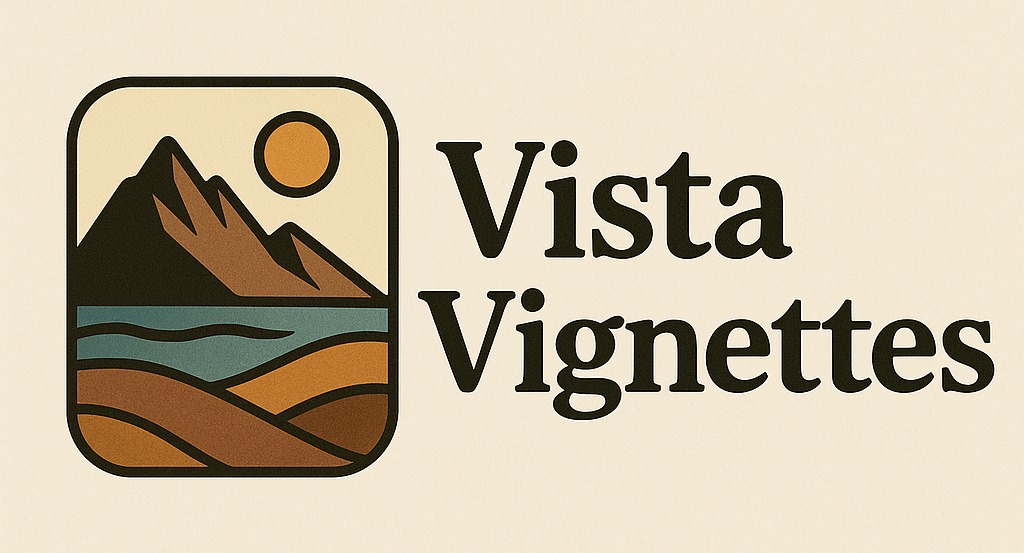:max_bytes(150000):strip_icc():format(jpeg)/No-Shows-FT-BLOG0625-bfbb0dfc2f324488b05e2602c0d653d9.jpg)
- Visitors typically ebook massive reservations simply to get in, then present up with solely a fraction of the celebration.
- Many eating places battle to recoup income from no-shows and last-minute cancellations regardless of implementing per-person charges.
- Reservation platforms like Resy and OpenTable have minimal technological variations, and restaurant loyalty typically hinges on money incentives and perceived model enchantment.
- Third-party reservation resale platforms and ineffective bank card holds contribute considerably to the continuing challenge of no-shows.
- Some eating places have chosen to get rid of reservations solely to keep away from the disruption of last-minute cancellations.
On any given Friday evening at North of Bourbon, Lawrence Weeks’ buzzy restaurant in Louisville, Kentucky, the reservation books are typically full. Like clockwork, a reservation for six visitors will present up with solely two individuals.
“Individuals will ebook a much bigger reservation to allow them to get within the door, as a result of there aren’t some other reservations accessible,” Weeks says. “After which once they present up it’s ‘Oh, 4 individuals couldn’t come.’”
As of late, North of Bourbon expenses a $25 cancellation charge for every visitor who doesn’t present up. It’s a deterrent, he says, however it nonetheless occurs on a regular basis. Some eating places can fill these seats with walk-ins, however in a smaller metropolis like Louisville with much less foot site visitors, Lawrence says the seats usually stay empty.
“I do not assume that individuals perceive how a lot one seat in a restaurant prices,” he stated. “Once you cancel a reservation, that is misplaced income on our finish that we won’t get again.”
It is tougher than ever to ebook a desk — even when the tech makes it easy
Anybody who eats in eating places has possible observed that reservations are getting tougher to ebook. In keeping with restaurant knowledge launched by Resy on the finish of 2024, restaurant spending is likely one of the fastest-growing sectors inside journey and leisure in its dad or mum firm American Specific’ client enterprise. Individuals with cash to spend are more and more desperate to spend it in eating places. It’s counterintuitive that this progress has led to elevated cancellations and no-shows, however relatively like on-line courting, there’s a way that a greater reservation is all the time across the nook.
Platforms like Appointment Dealer permit visitors to flat-out purchase sizzling reservations, lots of that are booked by bots. People who find themselves capable of make reservations are more and more reserving a number of tables to maintain their choices open.
As OpenTable and Resy compete to maintain high eating places on their platforms, it could make sense to see them innovating round this key ache level for eating places. As an alternative, most restaurant homeowners I spoke with say the technological variations between the 2 are minimal. As an alternative, money funds from the platforms and their perceived “cool issue” of every are the deciding elements in contemplating a change. Eating places are developing with their very own options to handle cancellations and no reveals.
A consultant from Resy defined that third-party reservation resale websites typically result in no-shows and late cancellations at in-demand eating places. The consultant stated the platform’s safety workforce has “ramped up tech options and protections to scale back the quantity of no-shows brought on by bots,” however didn’t specify what these options are or in the event that they’re efficient. Each Resy and OpenTable are publicly backing payments across the nation to ban unauthorized reservation resale.
Individuals will do something to keep away from a no-show charge
One chef I spoke with talked about that when he was utilizing Resy, he observed that when charging a charge for a no-show, the bank card on file typically wouldn’t work. There’s a common consciousness amongst restaurateurs that visitors typically use incorrect bank card info, however doesn’t get flagged till the reservation is cancelled. By the point they go to cost the cardboard, which level it’s too late. An OpenTable consultant stated the platform is getting ready to roll out enhancements to their deposits function that appear to be a response to this challenge.
Even when they’re able to full the cost, many eating places discover that there’s a reputational price. When Alex Tewfik opened Mish Mish, a Mediterranean restaurant in Philadelphia, he didn’t initially implement a cancellation charge. Individuals cancelled on a regular basis, or simply wouldn’t present up.
The restaurant carried out a $30 per individual charge. “However that comes with its personal host of issues,” Tewfik stated. “Individuals go away us shitty opinions with out even coming to the restaurant, as a result of they get mad that they’re charged.”
Coltivare, an Italian restaurant in Houston, additionally expenses a $25 charge, however when visitors attain out to complain, the restaurant presents a $25 reward card. The hope is that this helps assuage visitors’ frustration, and brings their enterprise again.
Committing to a minimal spend assures that visitors will present
Firms have additionally popped up during the last 5 years to attempt to clean the friction between high-end shoppers and the eating places who need their enterprise. One such firm is Dorsia, a members-only platform that gives entry to “not possible reservations, tables and invite-only cultural moments across the globe.”
When The Joyce, a high-end steakhouse in Miami Seaside opened, it had already opened reservations as much as Dorsia members months earlier. The partnership has introduced them a base of diners who typically pre-commit to a selected minimal spend, and infrequently — if ever — fail to indicate.
“The Joyce calls ‘no reveals’ to ensure everyone seems to be OK,” companion Jeff Lagowitz wrote in an electronic mail. “We will’t simply assume they blew us off.”
The simplest method to forestall cancelled and blown off reservations, in fact, is to cease taking them altogether. Natalie and Michael Hekmat, the homeowners of Voodoo Vin, a Persian restaurant and wine bar in Los Angeles, had been cooking for regulars for almost two years. The visitors fould reserve a desk, present up as promised, and it wasn’t an issue. After a rise in publicity began inflicting extra curiosity — in addition to final minute cancellations or events who wouldn’t present up in any respect — the restaurant took motion by merely cooking and spinning data till they offered out.
Final evening, the eating room was full.
Get the F&W Professional Publication
Join the biweekly F&W Professional Publication and you will get tales like this delivered straight to your inbox, together with insights, pep talks, and knowledge from a few of the finest individuals within the hospitality enterprise. Be taught extra right here.

:max_bytes(150000):strip_icc()/No-Shows-FT-BLOG0625-bfbb0dfc2f324488b05e2602c0d653d9.jpg?w=696&resize=696,0&ssl=1)
